Yixian Zhang
Attention: Large Multimodal Model is Watching your Geo-privacy
Nov 21, 2023
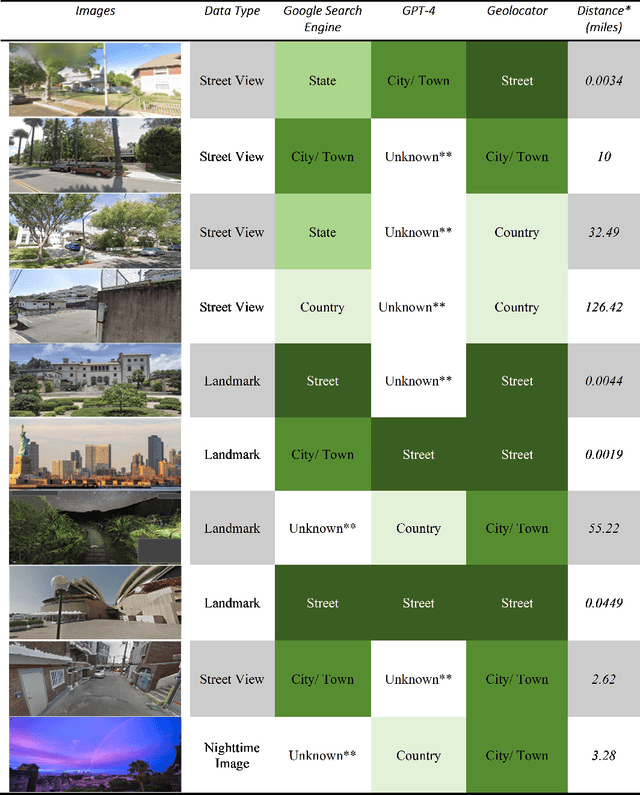
Abstract:Geographic privacy, a crucial aspect of personal security, often goes unnoticed in daily activities. This paper addresses the underestimation of this privacy in the context of increasing online data sharing and the advancements in information gathering technologies. With the surge in the use of Large Multimodal Models, such as GPT-4, for Open Source Intelligence (OSINT), the potential risks associated with geographic privacy breaches have intensified. This study highlights the criticality of these developments, focusing on their implications for individual privacy. The primary objective is to demonstrate the capabilities of advanced AI tools, specifically a GPT-4 based model named "Dr. Watson," in identifying and potentially compromising geographic privacy through online shared content. We developed "Dr. Watson" to analyze and extract geographic information from publicly available data sources. The study involved five experimental cases, each offering different perspectives on the tool's application in extracting precise location data from partial images and social media content. The experiments revealed that "Dr. Watson" could successfully identify specific geographic details, thereby exposing the vulnerabilities in current geo-privacy measures. These findings underscore the ease with which geographic information can be unintentionally disclosed. The paper concludes with a discussion on the broader implications of these findings for individuals and the community at large. It emphasizes the urgency for enhanced awareness and protective measures against geo-privacy leakage in the era of advanced AI and widespread social media usage.
Experiments of Federated Learning for COVID-19 Chest X-ray Images
Jul 05, 2020



Abstract:AI plays an important role in COVID-19 identification. Computer vision and deep learning techniques can assist in determining COVID-19 infection with Chest X-ray Images. However, for the protection and respect of the privacy of patients, the hospital's specific medical-related data did not allow leakage and sharing without permission. Collecting such training data was a major challenge. To a certain extent, this has caused a lack of sufficient data samples when performing deep learning approaches to detect COVID-19. Federated Learning is an available way to address this issue. It can effectively address the issue of data silos and get a shared model without obtaining local data. In the work, we propose the use of federated learning for COVID-19 data training and deploy experiments to verify the effectiveness. And we also compare performances of four popular models (MobileNet, ResNet18, MoblieNet, and COVID-Net) with the federated learning framework and without the framework. This work aims to inspire more researches on federated learning about COVID-19.
COVID-19 Public Opinion and Emotion Monitoring System Based on Time Series Thermal New Word Mining
May 23, 2020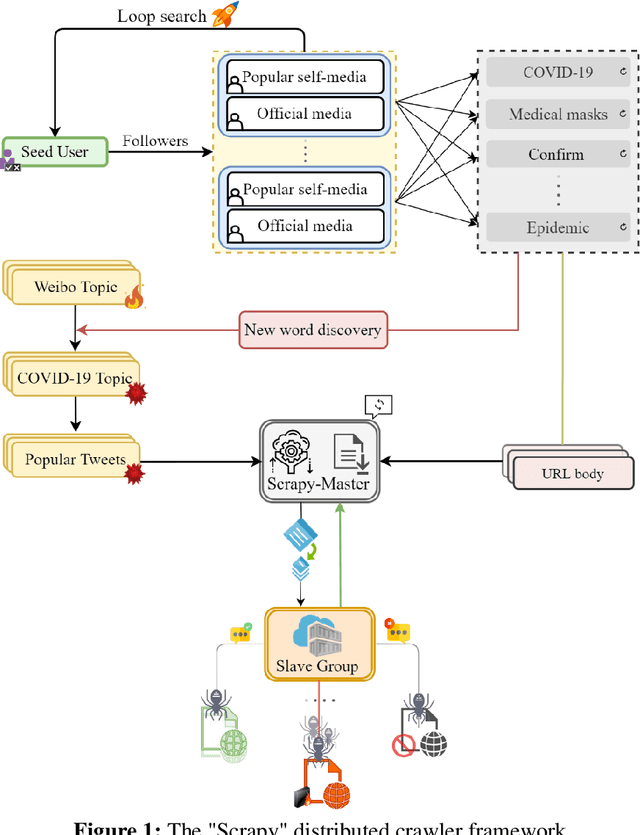
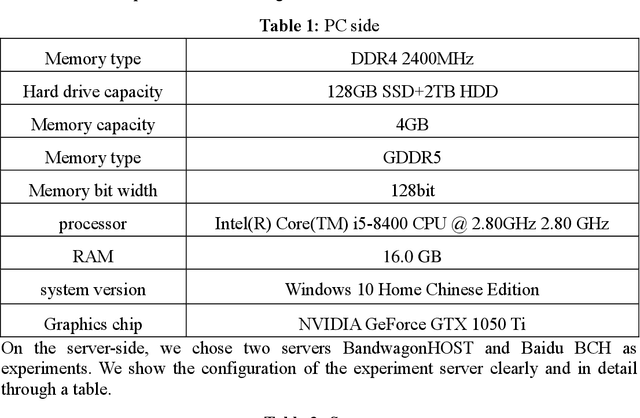
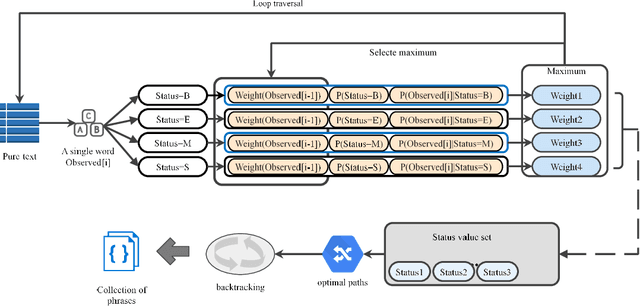
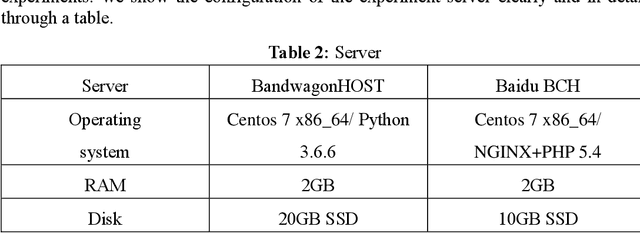
Abstract:With the spread and development of new epidemics, it is of great reference value to identify the changing trends of epidemics in public emotions. We designed and implemented the COVID-19 public opinion monitoring system based on time series thermal new word mining. A new word structure discovery scheme based on the timing explosion of network topics and a Chinese sentiment analysis method for the COVID-19 public opinion environment is proposed. Establish a "Scrapy-Redis-Bloomfilter" distributed crawler framework to collect data. The system can judge the positive and negative emotions of the reviewer based on the comments, and can also reflect the depth of the seven emotions such as Hopeful, Happy, and Depressed. Finally, we improved the sentiment discriminant model of this system and compared the sentiment discriminant error of COVID-19 related comments with the Jiagu deep learning model. The results show that our model has better generalization ability and smaller discriminant error. We designed a large data visualization screen, which can clearly show the trend of public emotions, the proportion of various emotion categories, keywords, hot topics, etc., and fully and intuitively reflect the development of public opinion.
 Add to Chrome
Add to Chrome Add to Firefox
Add to Firefox Add to Edge
Add to Edge